Michael Jackson's Doctor Conrad Murray Trial Day 8: Investigator Did Shoddy Work? (PHOTOS)
The defense lawyer of Conrad Murray, Michael Jackson's doctor, alleged, Thursday, Oct. 6, that a crime scene investigator did shoddy work while she was examining the star's deathbed.
Elissa Fleak, a coroner's investigator, took the stand, but was questioned aggressively by Murray's attorney, Ed Chernoff. After Jackson's death, Fleak examined the singer's bedroom with police.
Would you agree with me that you made a substantial number of mistakes in your investigation? Chernoff asked.
No, Fleak denied. However, she admitted that she had destroyed her original notes, when the notes were transferred into an official report. I do that in all my cases, she said.
Chernoff also pointed that Fleak didn't record that a bottle of Propofol inside a saline bag was found until March, almost two years after Jackson's death.
The lawyer asked Fleak if she had heard the testimony of Alberto Alvarez, one of the star's bodyguard, who testified that Murray had told him to put the vials in a bag when they were trying to resuscitate the singer.
Fleak acknowledged in court that that no investigation is perfect.
Did you conduct a perfect investigation in this case? Chernoff asked.
No, Fleak replied.
A toxicologist Dan Anderson testified that Propofol was found in the singer's blood, urine and liver when he died. Besides, Jackson's body also contained Lidocaine and Lorazepam, which Murray said he gave to Jackson as a sleep aid, before he administered Propofol.
According to authorities, Jackson died of acute Propofol intoxication combined with other sedatives.
Murray was accused of giving Jackson an overdose of the lethal anesthetic without adequate safeguards. However, defense attorneys said Jackson is to be blamed for his own death because the singer took the drug himself to enable him to sleep, after Murray left his room, in spite of Murray warning him not to do so.
But the prosecutors said, Thursday, there's no Jackson's fingerprints on any of the syringes, vials or other medical paraphernalia in the crime scene, which rebuts the defense's theory.
In a hearing in Dec. 2010, a then-unidentified fingerprint was found at a syringe, which attorney Michael Flanagan suggested at the time it might be the King of Pop's, trying to prove he injected drugs by himself.
However, it was proved as Fleak's fingerprint. Fleak admitted that she accidentally touched a syringe in the star’s bedroom, leaving a fingerprint.
The trial is scheduled to last about four weeks. If convicted, Murray could serve a sentence of up to four years in prison and also lose his medical license.
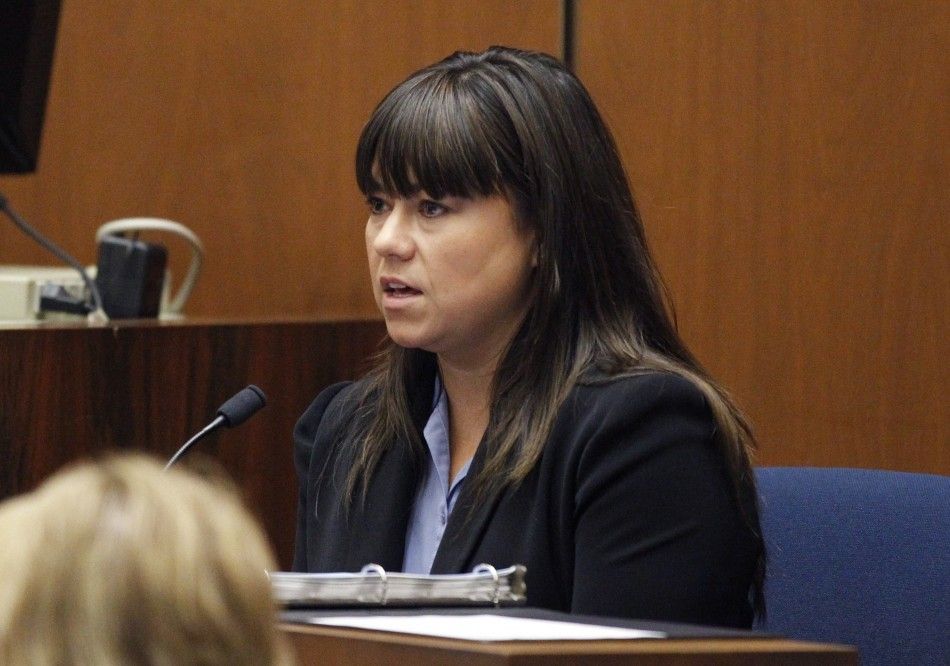
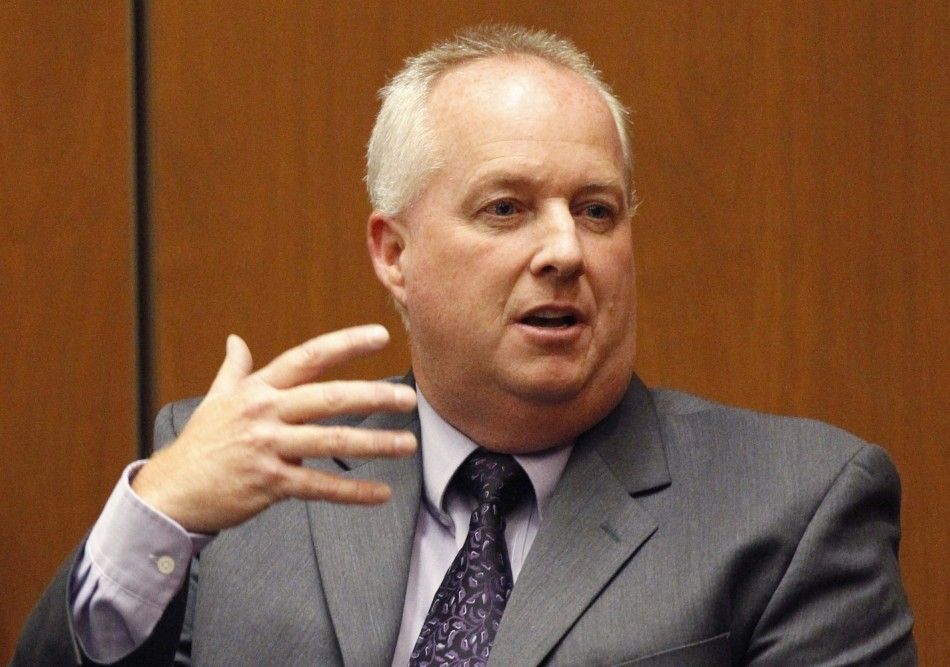
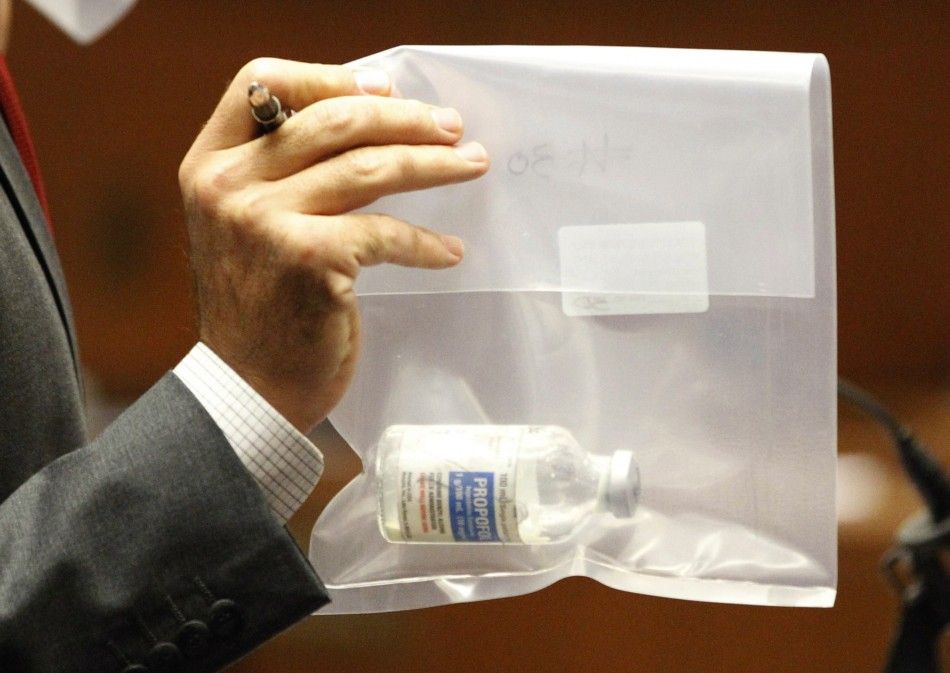
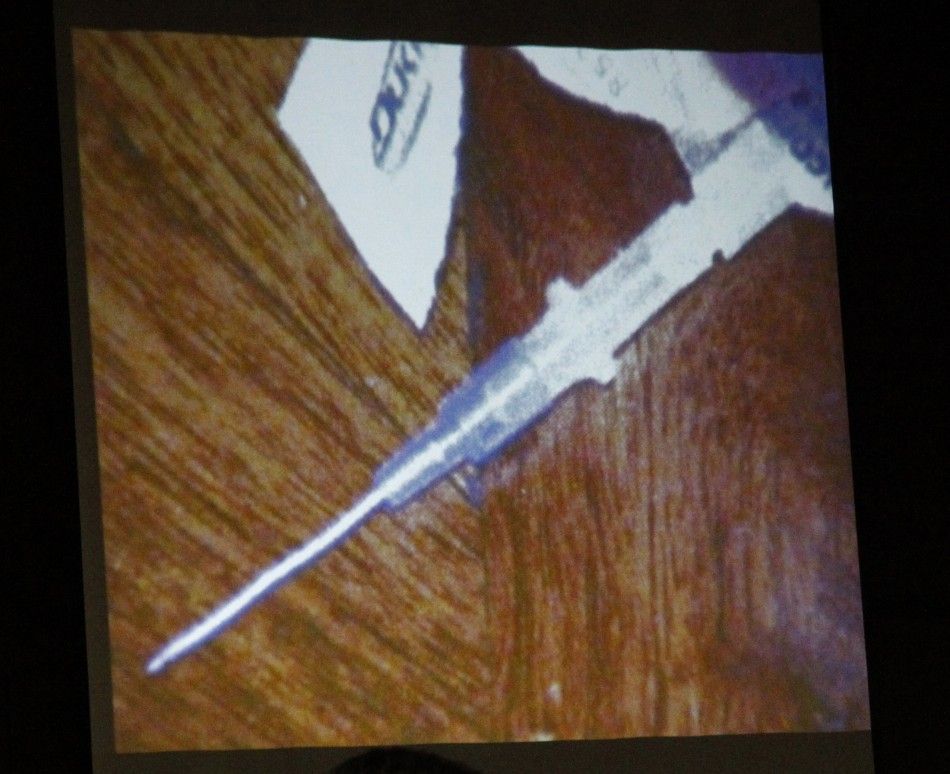
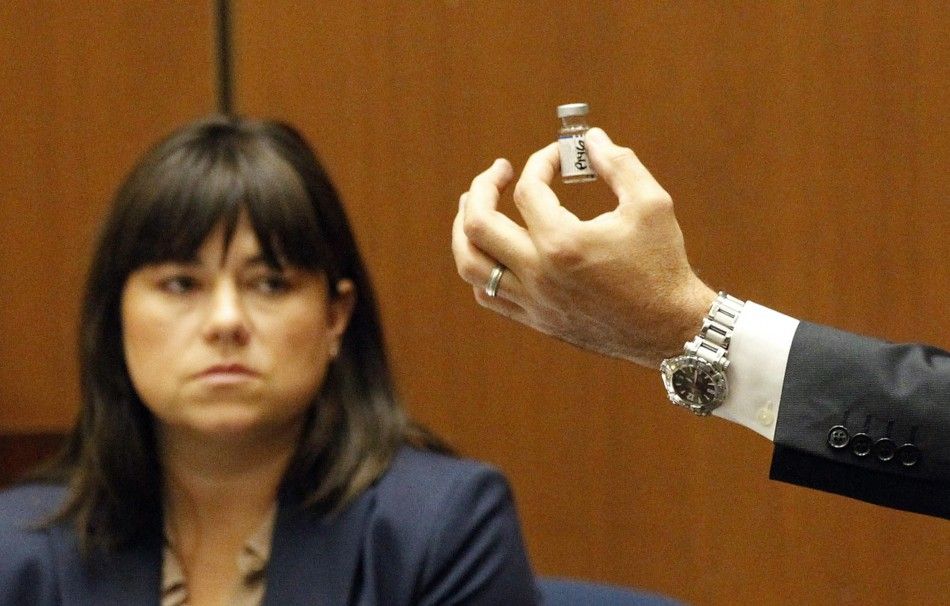
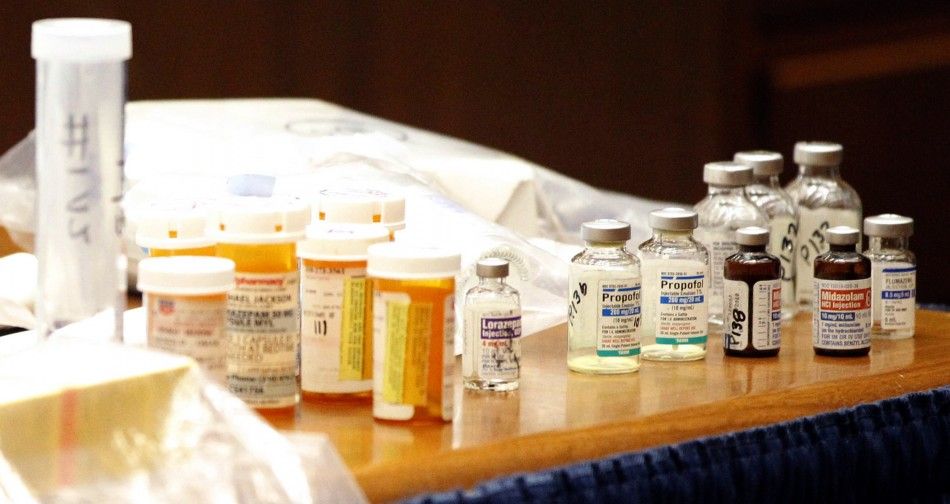
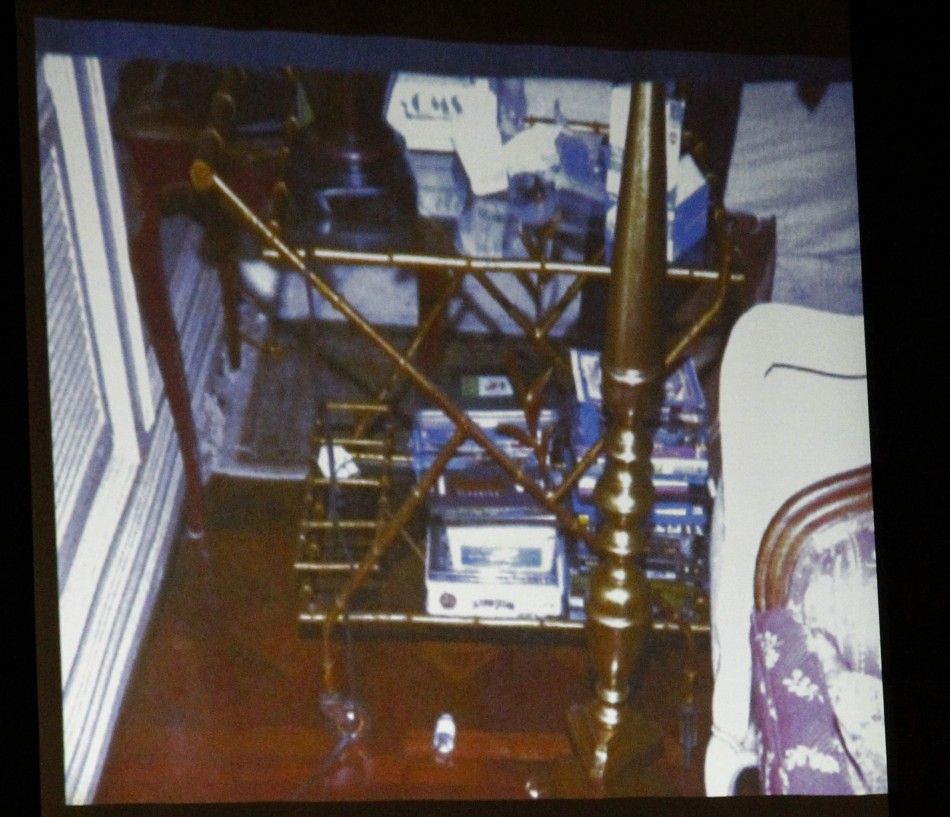
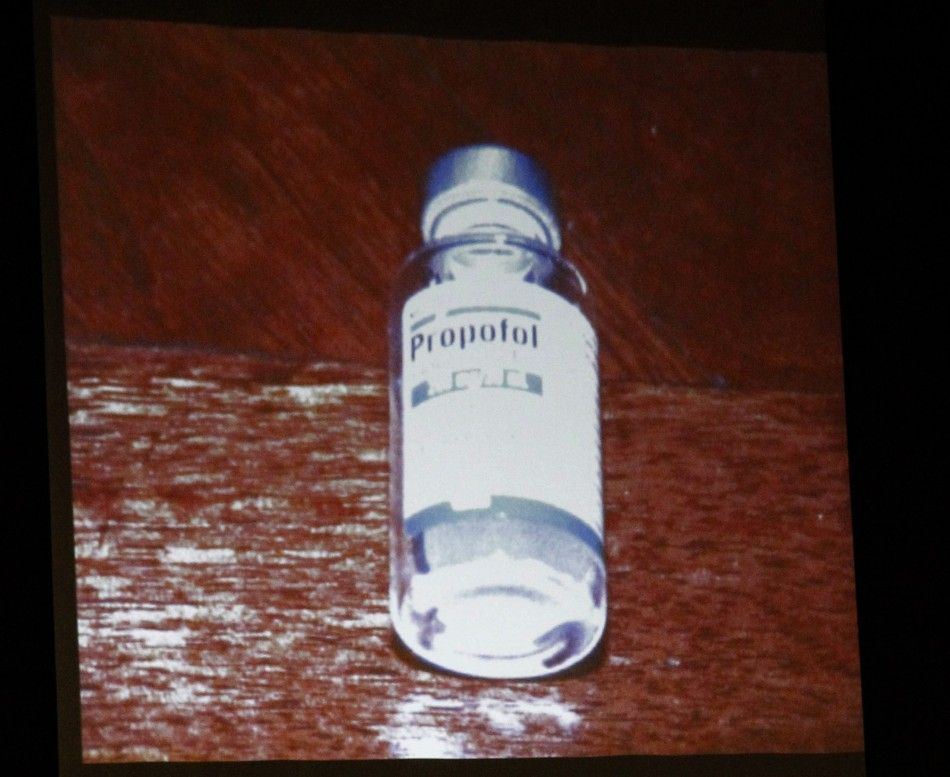
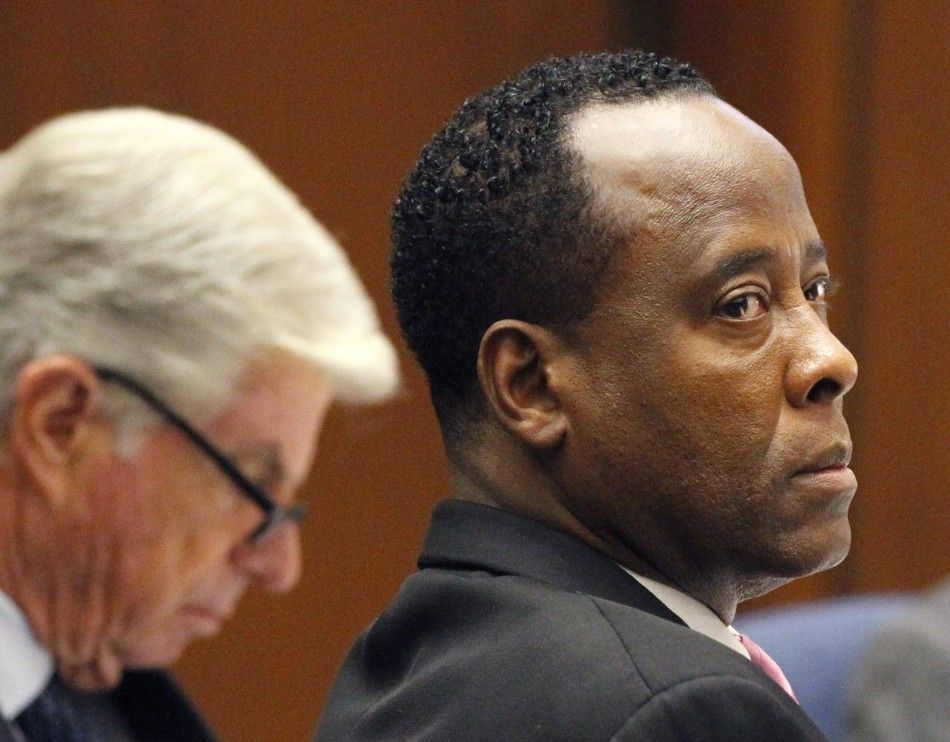
© Copyright IBTimes 2025. All rights reserved.





















